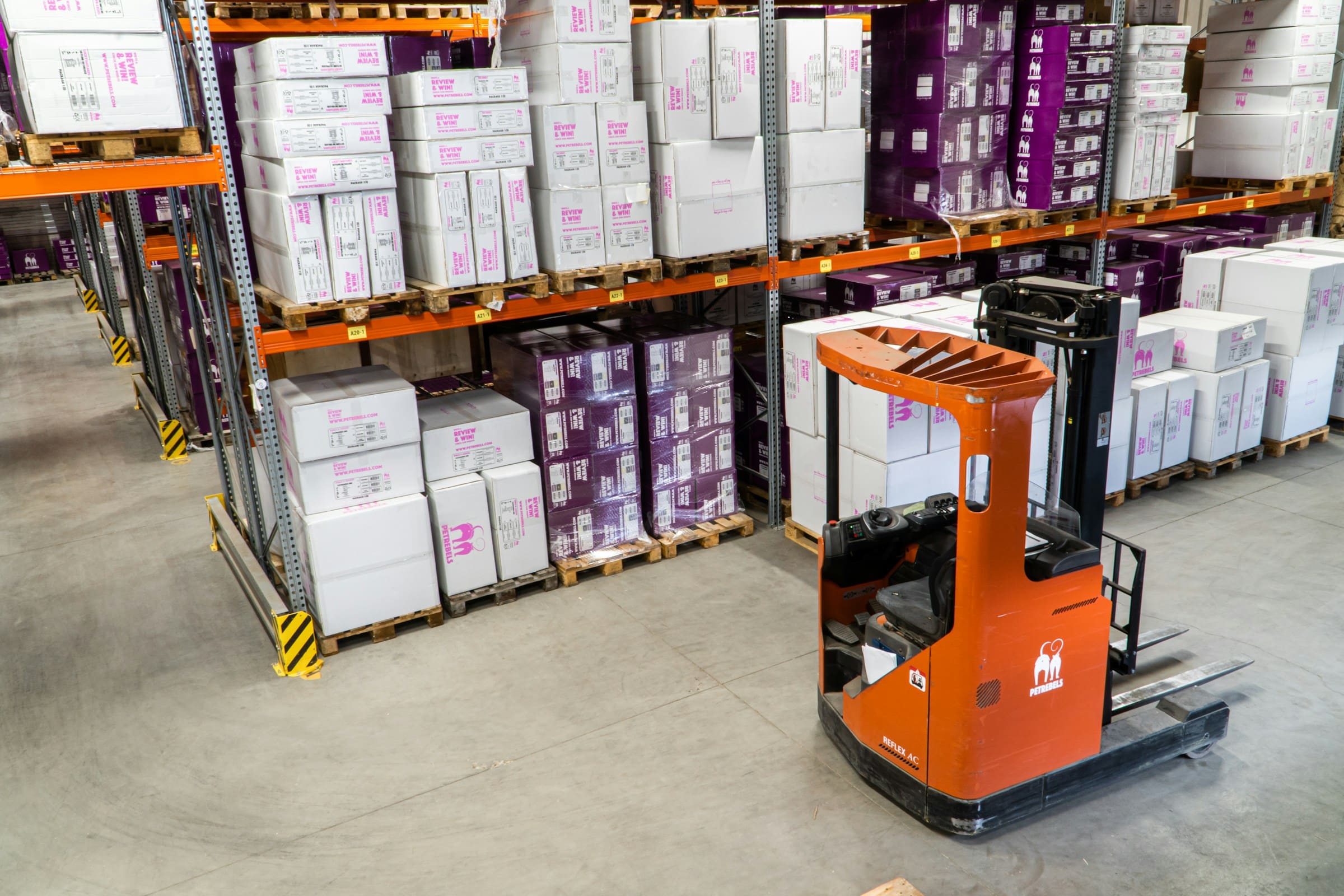How Are UK Retailers Using AI to Optimize Shelf Stocking?

In the ever-evolving retail industry, the quest to enhance customer experiences and streamline inventory management processes is relentless. As the competition heats up and customer expectations rise, UK retailers are increasingly turning to artificial intelligence (AI) to optimize shelf stocking. This transformative technology is not only revolutionizing the way stores operate but also reshaping the future of retail. This article delves into how AI is helping retailers in the UK to stay ahead of the curve by optimizing their shelf stocking practices.
The Role of AI in Inventory Management
In today's retail sector, efficient inventory management is crucial for ensuring that products are always available when customers need them. Artificial intelligence plays a pivotal role in this regard by providing real-time data and predictive analytics.
Sujet a lire : What Are the Latest Innovations in AI-Powered Recruitment Tools for UK Businesses?
AI-driven systems help retailers monitor inventory levels accurately, reducing the risk of overstocking or understocking. These systems analyze historical sales data, current inventory, and external factors like seasonal trends and customer demand to forecast future needs. By doing so, AI helps retailers maintain an optimal stock level, ensuring that products are available without tying up unnecessary capital in excess inventory.
Moreover, AI can automate routine inventory management tasks, freeing up time for staff to focus on enhancing the customer experience. For instance, AI can predict which products are likely to run out and automatically reorder them. This real-time adjustment to stock levels can help retailers avoid empty shelves and disappointed customers.
Dans le meme genre : How Can UK Banks Utilize AI for Risk Management and Compliance?
Enhancing Customer Experiences Through AI
In the competitive world of retail, customer satisfaction is paramount. AI is revolutionizing the shopping experience by providing personalized and efficient customer service.
One way AI enhances customer experiences is through personalized recommendations. By analyzing customer data and shopping behaviors, AI can suggest products that align with individual preferences. This not only increases sales but also makes the shopping experience more enjoyable for customers.
AI-powered chatbots and virtual assistants are also transforming customer service. These tools provide customers with instant responses to their queries, whether it's about product availability, store hours, or order status. By offering quick and accurate information, AI helps improve customer satisfaction and loyalty.
In addition, AI can help retailers create a seamless in-store experience. For instance, AI can analyze foot traffic patterns to optimize store layouts, ensuring that high-demand products are easily accessible. This not only enhances the shopping experience but also boosts sales.
Predictive Analytics and the Future of Retail
Predictive analytics, powered by AI, is shaping the future of retail by enabling retailers to make data-driven decisions. By leveraging vast amounts of data, predictive analytics provides insights into customer behavior, sales trends, and product demand.
In the context of shelf stocking, predictive analytics can identify patterns in customer purchases, helping retailers anticipate demand more accurately. For example, it can predict which products are likely to be in high demand during certain periods, such as holidays or seasonal sales. This allows retailers to plan their inventory accordingly and ensure that popular products are always in stock.
Furthermore, predictive analytics can optimize supply chain operations by identifying potential disruptions and suggesting proactive measures. For instance, it can foresee a delay in the supply of certain products and recommend alternative suppliers or inventory adjustments. This helps retailers maintain a smooth and efficient supply chain, minimizing disruptions and ensuring that stores are well-stocked.
The Intersection of AI and Retail Technology
The integration of AI with retail technology is paving the way for innovative shopping experiences. From smart shelves to automated replenishment systems, AI-driven technologies are transforming how stores manage their inventory and interact with customers.
Smart shelves, equipped with sensors and AI algorithms, provide real-time information about inventory levels. These shelves can detect when a product is running low and trigger automatic reordering. This not only ensures that products are always available but also reduces the workload for store staff.
Automated replenishment systems, powered by AI, streamline the process of restocking shelves. These systems use data from sales, inventory, and customer behavior to determine the optimal time and quantity for restocking. By doing so, they minimize stockouts and overstock situations, enhancing the overall efficiency of retail operations.
Moreover, AI-driven technologies can enhance the customer experience by providing personalized shopping experiences. For instance, AI can analyze customer preferences and recommend products tailored to individual tastes. This not only increases sales but also creates a memorable shopping experience for customers.
The implementation of AI in optimizing shelf stocking is revolutionizing the retail sector in the UK. By harnessing the power of predictive analytics, real-time data, and automated systems, retailers can ensure that products are always available, enhancing customer satisfaction and boosting sales. The integration of AI with retail technology is not only streamlining inventory management but also creating personalized and efficient customer experiences. As the retail industry continues to evolve, the role of AI in optimizing shelf stocking will undoubtedly become even more significant, shaping the future of retail.
